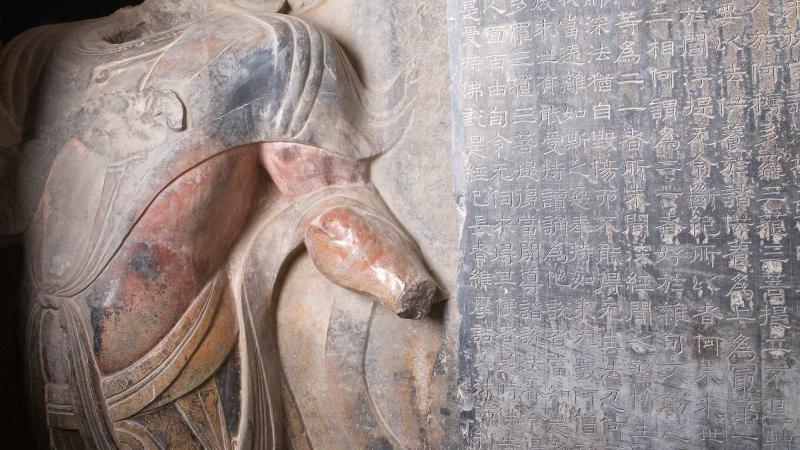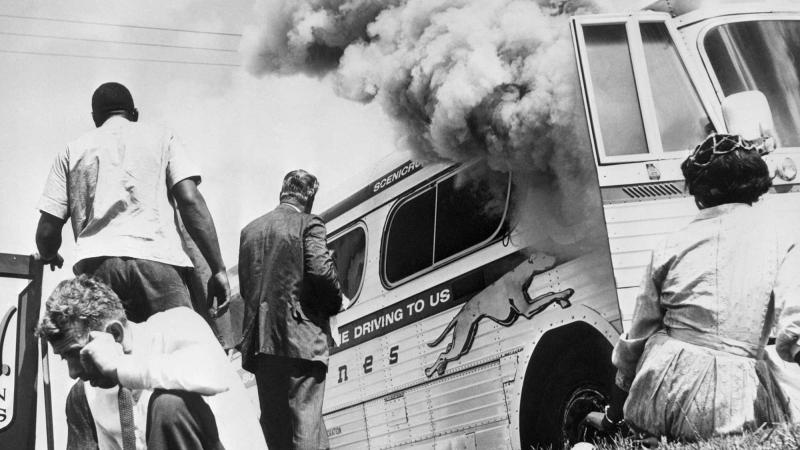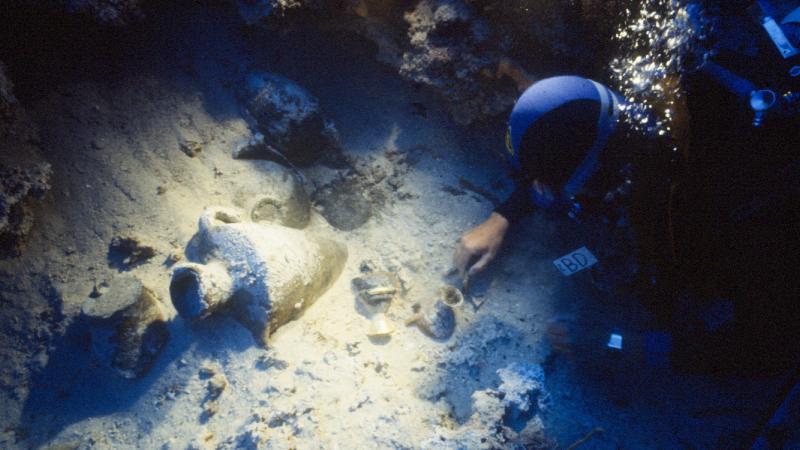The state humanities councils are among the most visible expressions of federal support of the humanities.
Since the early ’70s, NEH has funded and worked with partner institutions in each of the 50 states and several territories. There are now 56 of these state humanities councils, and they support everything from lectures on history and public policy to historical performances, book festivals, literacy training, and adult education, all while making grants to help fund films, exhibitions, and other local humanities projects.
The state councils are part of the answer to a question that began as, What can the federal government do to support the humanities in American life? The first answer that came back was, Establish a grantmaking government agency to support the work of scholars, librarians, and teachers. The follow-up question, however, was, What can the government do to help the humanities become a larger part of public life in communities around America?
Senator Claiborne Pell, who introduced the legislation founding NEH, especially wanted to know how NEH could support programs for the benefit of, not just professional humanists, but, as he put it, “shoemakers.” Five years after NEH opened its doors, however, NEH Chairman Barnaby Keeney said, “We have not found a completely satisfactory way of doing this.”
A short period of experiments began. Committees were set up in six states, where they awarded grants for projects that met some basic criteria: They had to involve humanities disciplines and academic humanists; they had to conform to an overarching theme of the committee’s choice; they had to be aimed not at students but out-of-school adults; and they had to concern a pressing public issue.
As the prototypical committees were replaced by state humanities councils, their names emphasized an interest in issues ranging from land use to health care to family life. In 1974, when the Virginia Foundation for the Humanities and Public Policy became the 44th state humanities council to be established, a 29-year-old with a doctorate in American literature named Robert C. Vaughan became its first executive director, a job he has held ever since.
Vaughan fondly remembers convening exploratory forums all over the state. The local shoemakers didn’t always know what he was talking about at first, but after a brief explanation, they got the idea all right. An early list of projects funded by VFH include numerous civic symposia, many of them broadcast on cable or public access television, with titles like “Virginia’s Senior Citizens: Values in Transition.”
Today, of course, the mix of offerings from the state humanities councils is more populist than ever. Virginia’s include a large folklife festival with music, artisans (including an old-fashioned cobbler!), and even apprentice artisans, as well as a book festival, and a nationally syndicated radio show. Elsewhere, one finds exhibitions in Alabama, lectures in Wyoming, a choral performance in Maine, and a veterans’ book group in Arizona. And the term humanities is often widened to include almost any topic that affects the thinking lives of the people.
Written by David Skinner, editor of Humanities.


